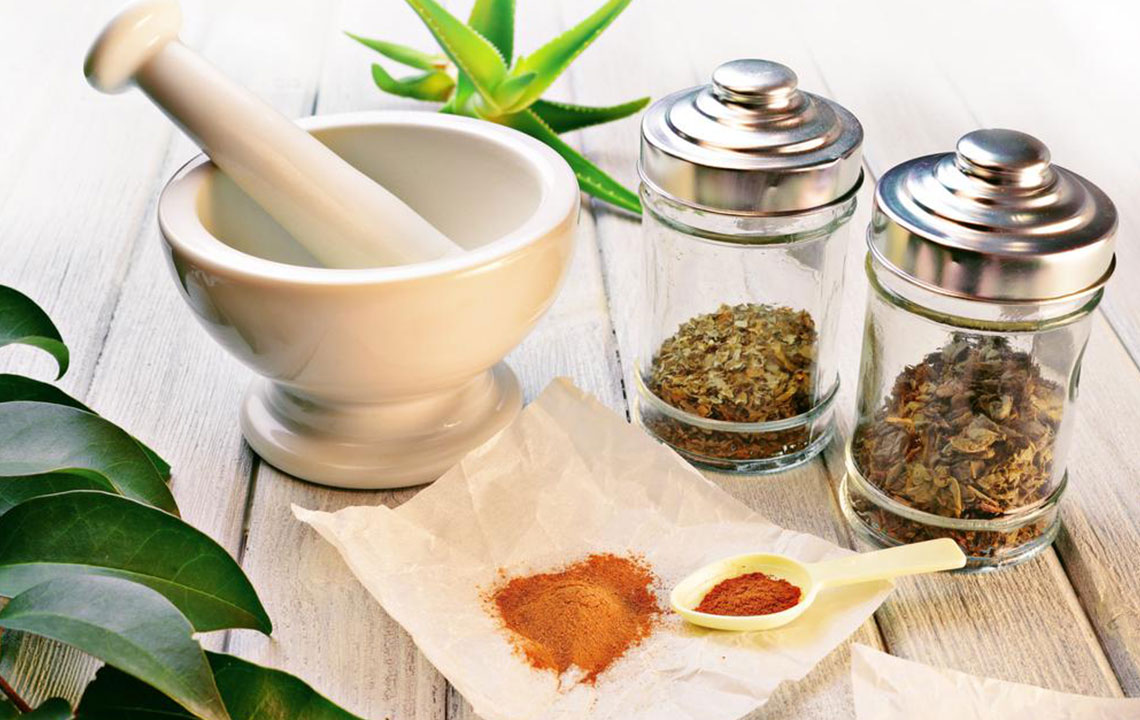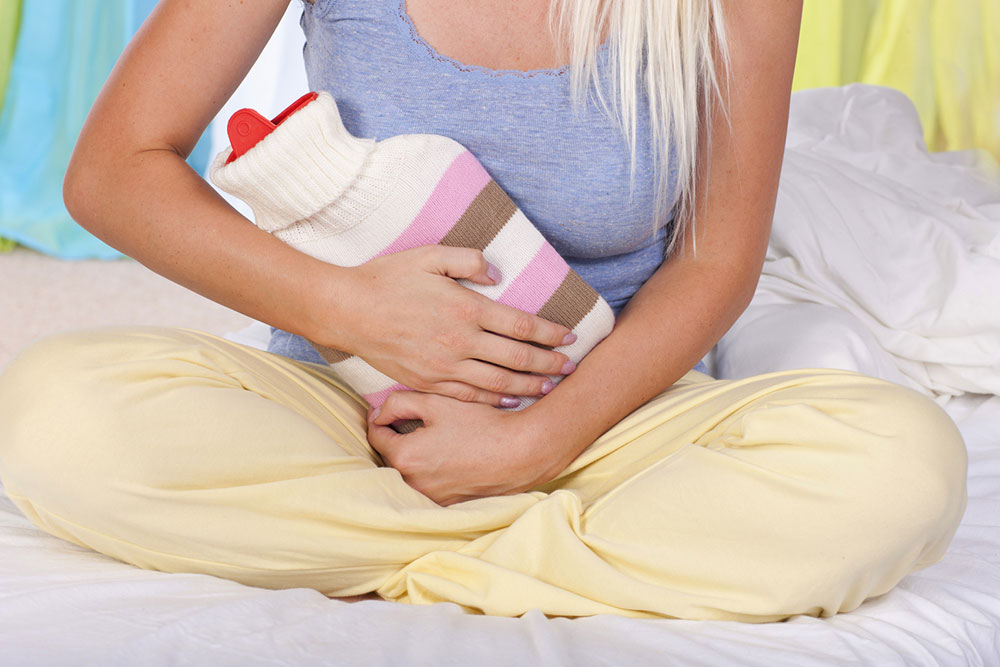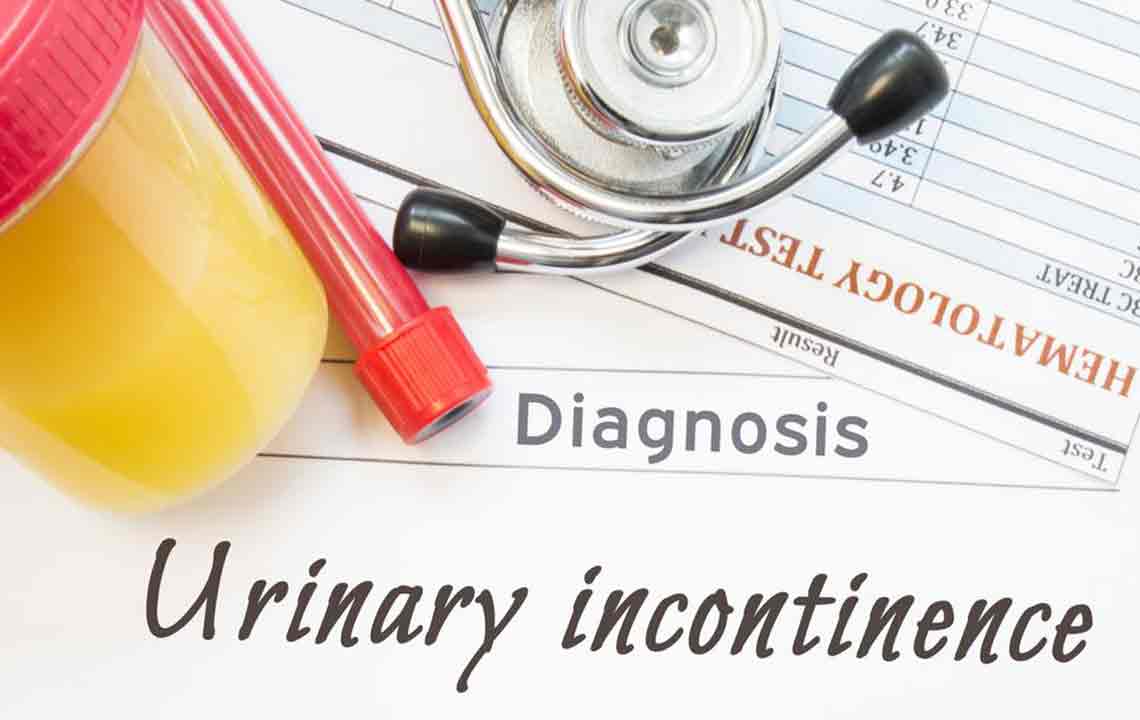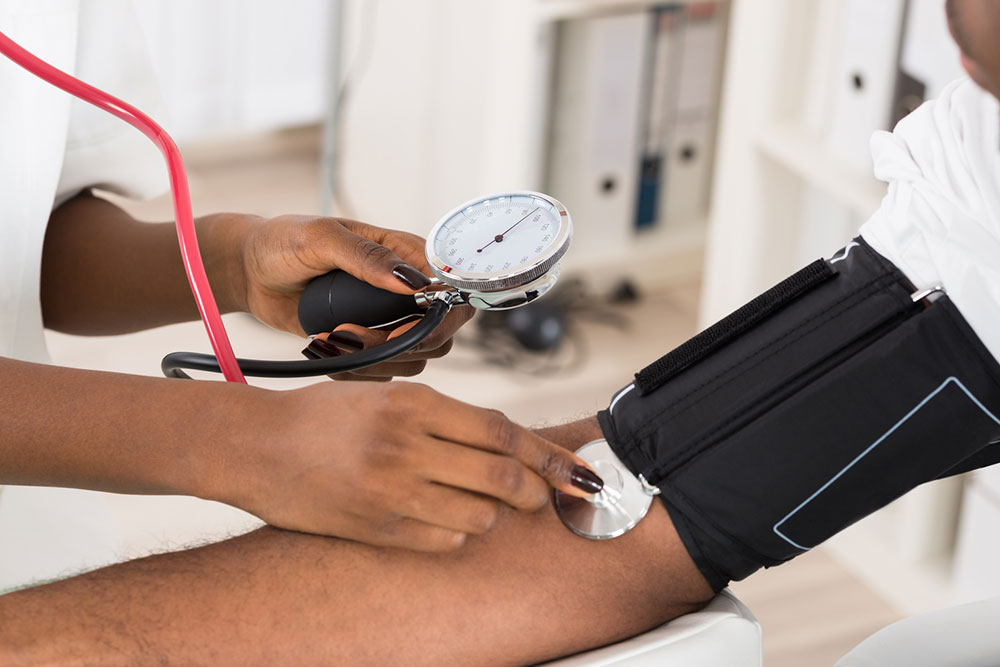Effective Natural Approaches to Managing Urinary Incontinence for Better Quality of Life
Discover comprehensive natural strategies to effectively manage urinary incontinence. From pelvic floor exercises and dietary adjustments to lifestyle changes and alternative therapies, this guide offers practical solutions to improve bladder control. Embrace these proven methods to regain confidence and enhance your quality of life without solely relying on medication or surgery. Learn how personalized treatment plans and consistent habits can make a significant difference in managing this common condition naturally.

Effective Natural Approaches to Managing Urinary Incontinence for Better Quality of Life
Urinary incontinence is a prevalent health issue that affects millions worldwide, characterized by the involuntary leakage of urine due to a loss of bladder control. Despite its common occurrence, many individuals are unaware of the natural strategies available to effectively manage and reduce symptoms, ultimately improving their daily lives. This condition can impact anyone regardless of age or gender, though it is particularly prevalent among older adults. Understanding the underlying causes, symptoms, and conservative management options is essential for those seeking non-pharmacological solutions.
Urinary incontinence manifests in various forms, including stress incontinence, urge incontinence, overflow, total, and functional incontinence. Each type has distinct triggering factors, causes, and implications. For instance, stress incontinence often results from pelvic floor weakness and is worsened by activities that increase abdominal pressure, such as coughing, sneezing, or heavy lifting. On the other hand, urge incontinence involves an overactive bladder that causes sudden, intense urges to urinate. Recognizing these differences helps in tailoring the most effective management strategy.
Proper diagnosis by healthcare professionals is critical to determine the specific type of incontinence and underlying causes, such as nerve damage, prostate issues, bladder dysfunction, or muscle weakness. Once diagnosed, a range of natural, lifestyle-oriented approaches can be employed to manage symptoms effectively. These include targeted pelvic floor muscle exercises, dietary modifications, weight management, fluid intake regulation, and alternative therapies.
Pelvic Floor Exercises and Strengthening Techniques
Pelvic floor exercises, commonly known as Kegel exercises, are among the most effective natural strategies for improving bladder control. Regularly performing these exercises helps strengthen the pelvic muscles that support the bladder and urethra. Enhanced muscle tone reduces episodes of leakage, especially in stress incontinence cases. To perform Kegel exercises correctly, one must identify the correct muscles—often by stopping urine flow midstream—and then contract and hold these muscles for a few seconds before relaxing. Incorporating daily routines, with repetitions of 10 to 15 clenches, can yield noticeable improvements over time.
It is advisable to consult healthcare providers or physical therapists who specialize in pelvic health to develop a personalized exercise plan. In addition to Kegel exercises, incorporating core strengthening and maintaining good posture can support pelvic health and further stabilize the bladder and associated muscles.
Weight Management and Dietary Adjustments
Maintaining a healthy weight is crucial for reducing pressure on the bladder and pelvis, which can alleviate symptoms of urinary incontinence. Excess weight, especially around the abdomen, increases intra-abdominal pressure, leading to greater stress on the bladder and pelvis muscles. Incorporating a balanced diet rich in fiber, fruits, vegetables, lean proteins, and whole grains supports healthy digestion and weight loss efforts. Additionally, limiting the intake of bladder irritants such as caffeine, alcohol, spicy foods, and artificial sweeteners can prevent aggravation of symptoms.
Some foods and supplements may also aid in bladder health. Magnesium and vitamin D, for example, have been linked to improved muscle function and nerve health, potentially reducing incontinence episodes. Drinking enough fluids throughout the day ensures proper hydration without overloading the bladder. Spreading fluid intake evenly and avoiding excessive consumption before bedtime can also help manage urgency and leakage.
Managing Bladder Irritants and Lifestyle Factors
Modifying daily habits plays a significant role in natural incontinence management. Avoiding bladder irritants such as caffeine and alcohol minimizes bladder spasms and urgency. Establishing regular bathroom routines helps the bladder adapt and reduces accidental leakage. Using scheduled voiding times, typically every 2-4 hours, can improve bladder capacity and control over time.
Practicing good hygiene, avoiding constipation, and managing chronic coughing or sneezing with medical treatment also contribute to symptom control. Wearing protective pads or garments provides peace of mind during the adjustment phase but should not replace active management strategies.
Alternative and Complementary Therapies
Emerging evidence suggests that alternative therapies, including acupuncture, biofeedback, and herbal remedies, may offer additional relief for some individuals. Acupuncture, in particular, is believed to stimulate nerve function and improve bladder control through targeted needle placement. Herbal supplements containing ingredients like pumpkin seed extract, saw palmetto, or corn silk have been traditionally used for urinary health, though scientific validation varies. Always consult healthcare professionals before starting any herbal or complementary treatments.
Physical therapy focusing on the pelvic floor can significantly enhance muscle strength and coordination. Teaching proper breathing techniques during exercises and daily activities prevents undue strain and increases the effectiveness of therapy.
Importance of Professional Consultation and Personalized Treatment
While natural strategies are highly effective for many, they should be integrated into a comprehensive treatment plan developed by healthcare providers. A proper diagnosis ensures the chosen interventions address the root cause rather than just symptoms. Medical professionals might recommend additional therapies such as medications, bladder training, or in some cases, surgical options after conservative measures have been exhausted.
Living with urinary incontinence can be challenging, but with the right combination of lifestyle changes, exercises, and professional guidance, individuals can regain control over their bladder function and significantly enhance their quality of life. Empowered with knowledge and practical management strategies, many find relief and renewed confidence.





